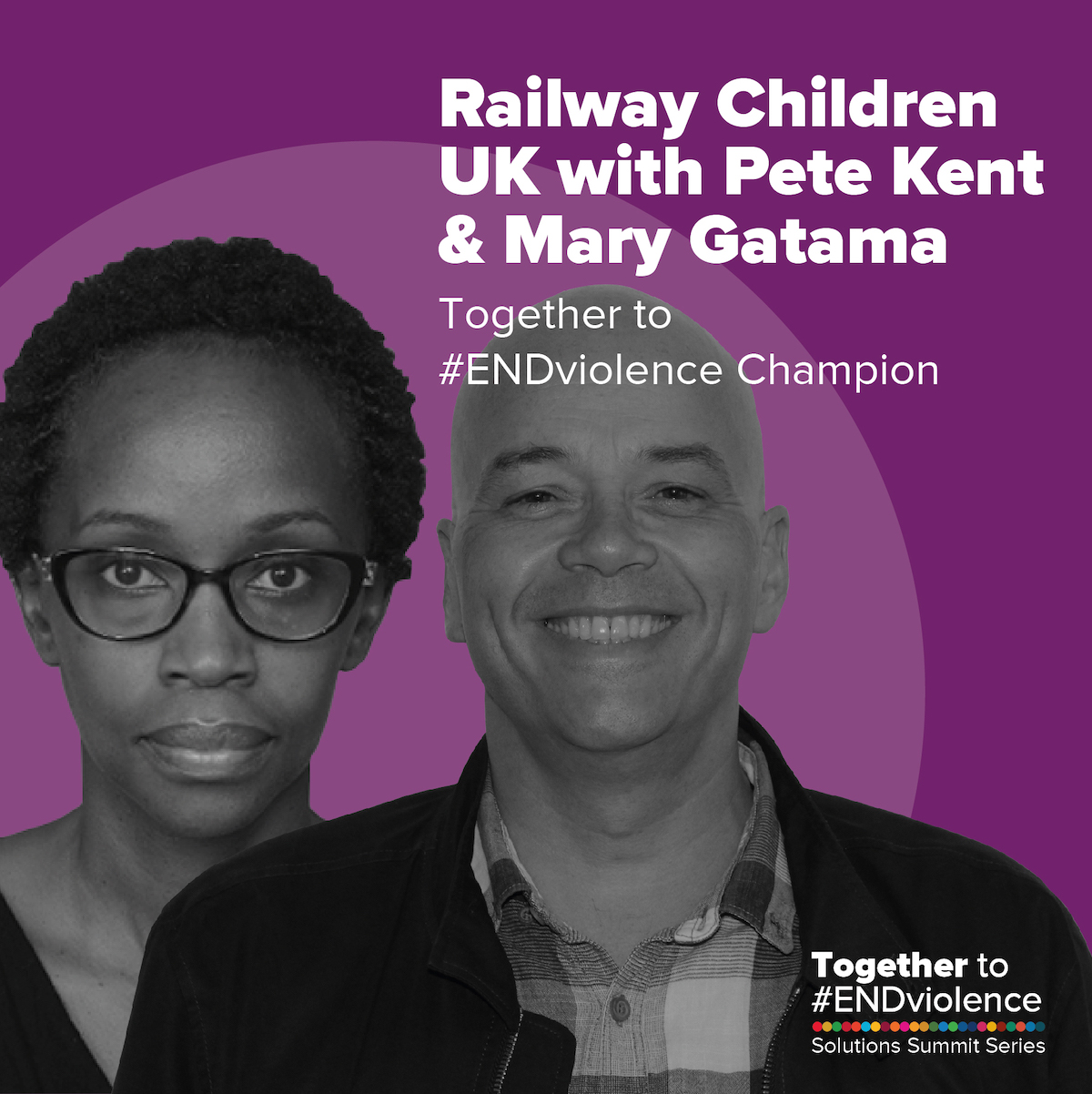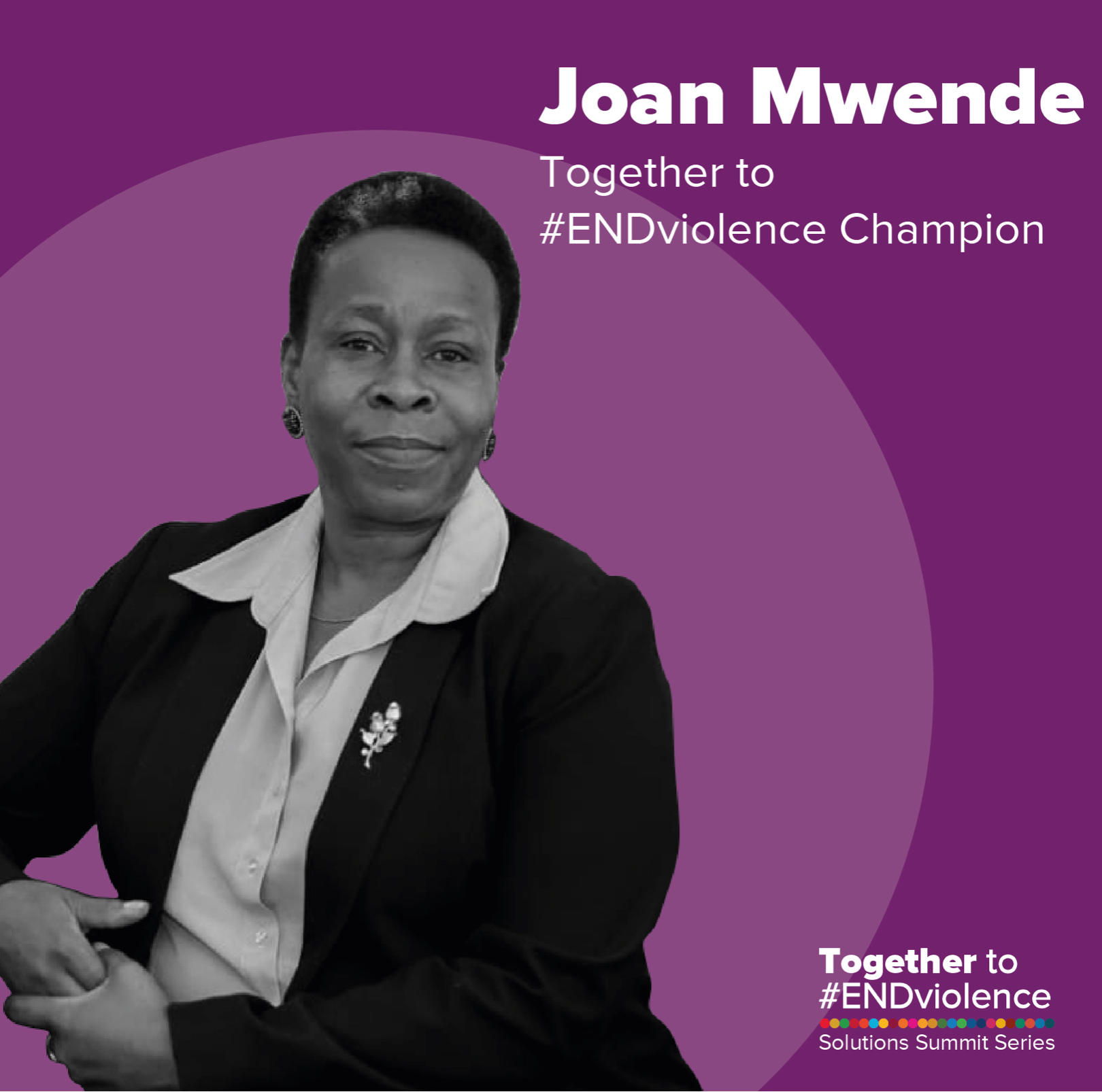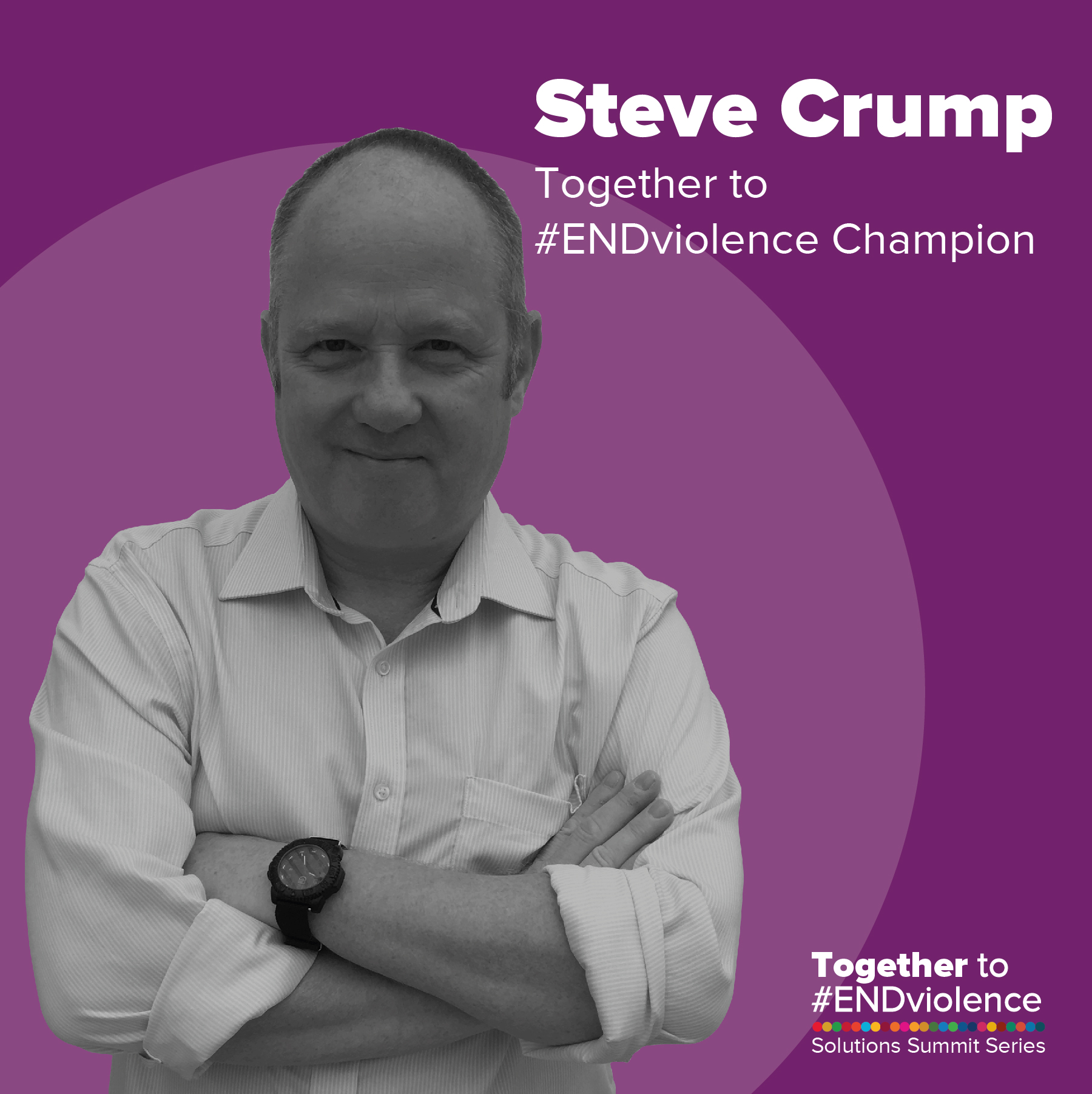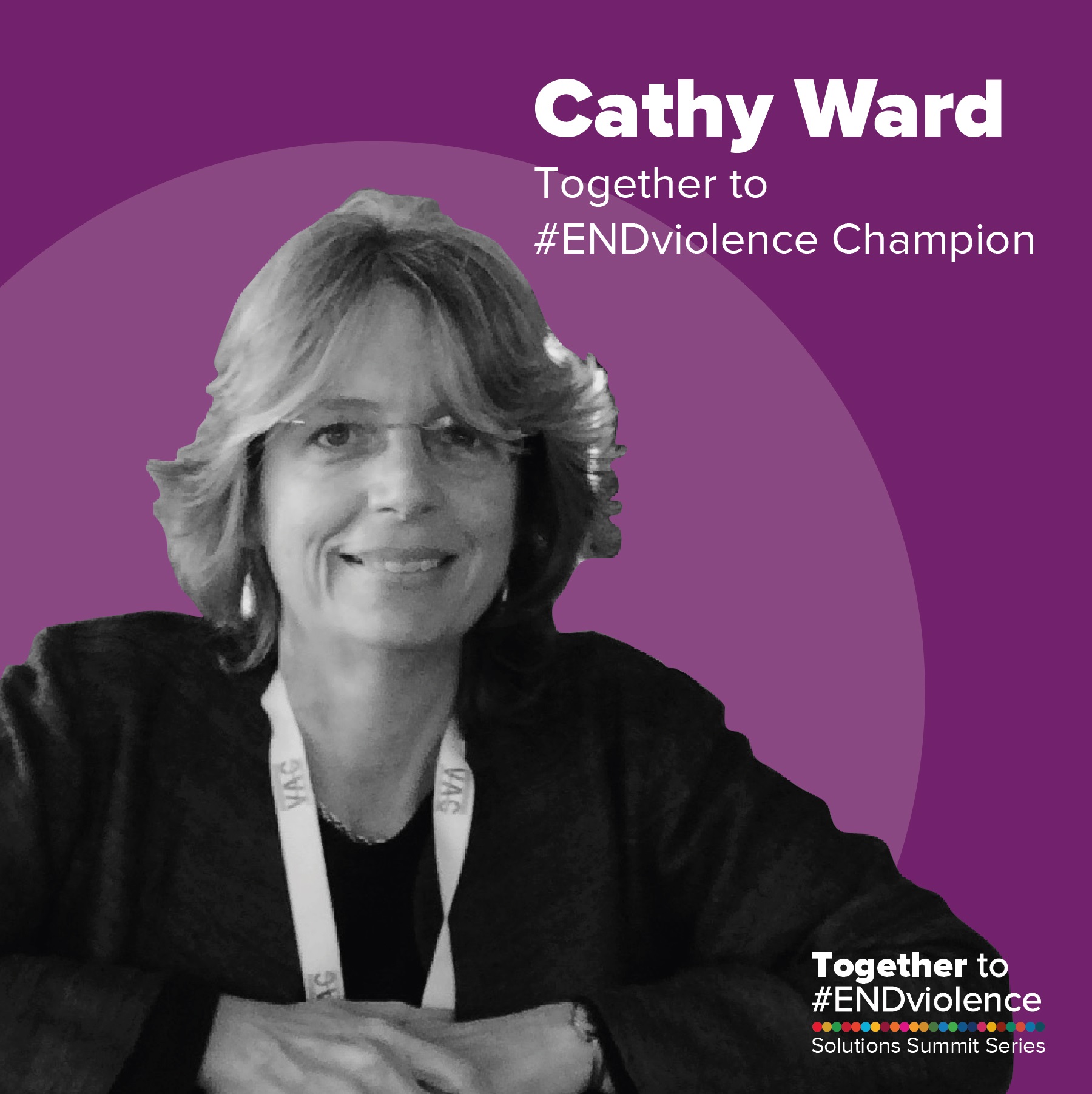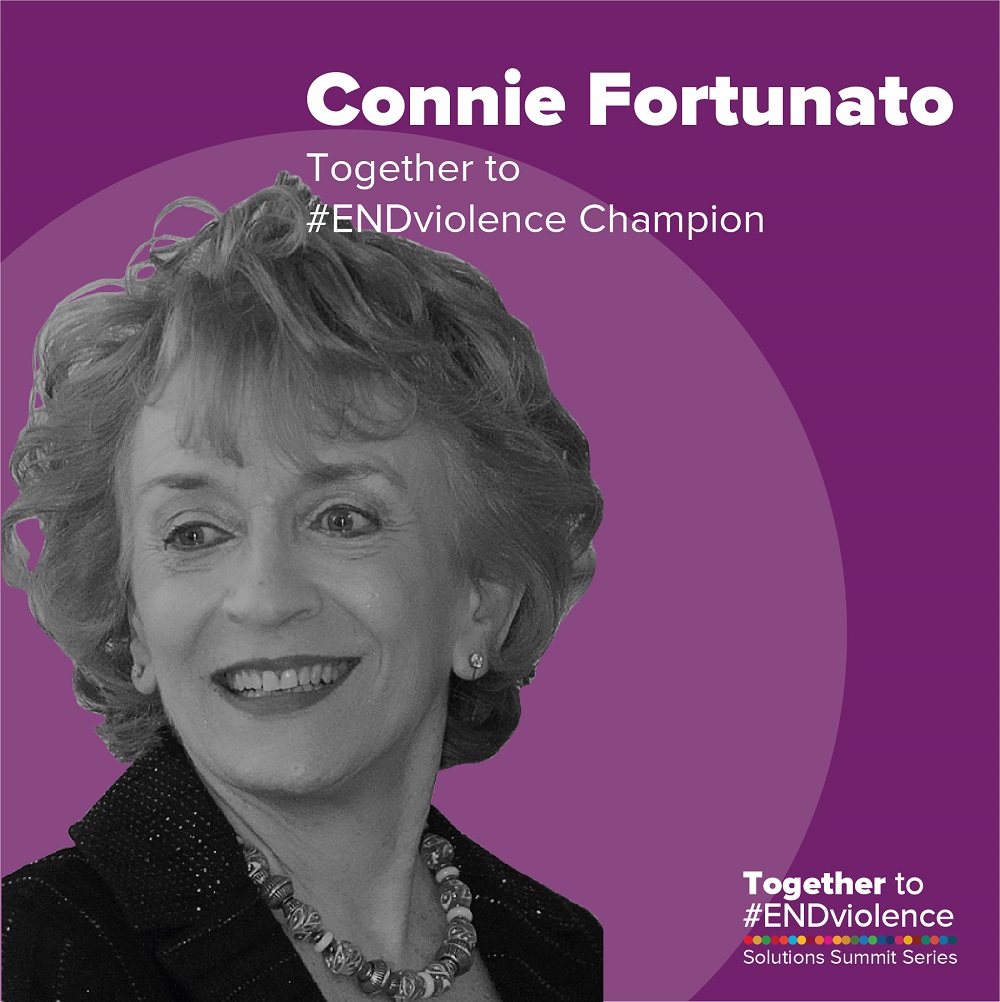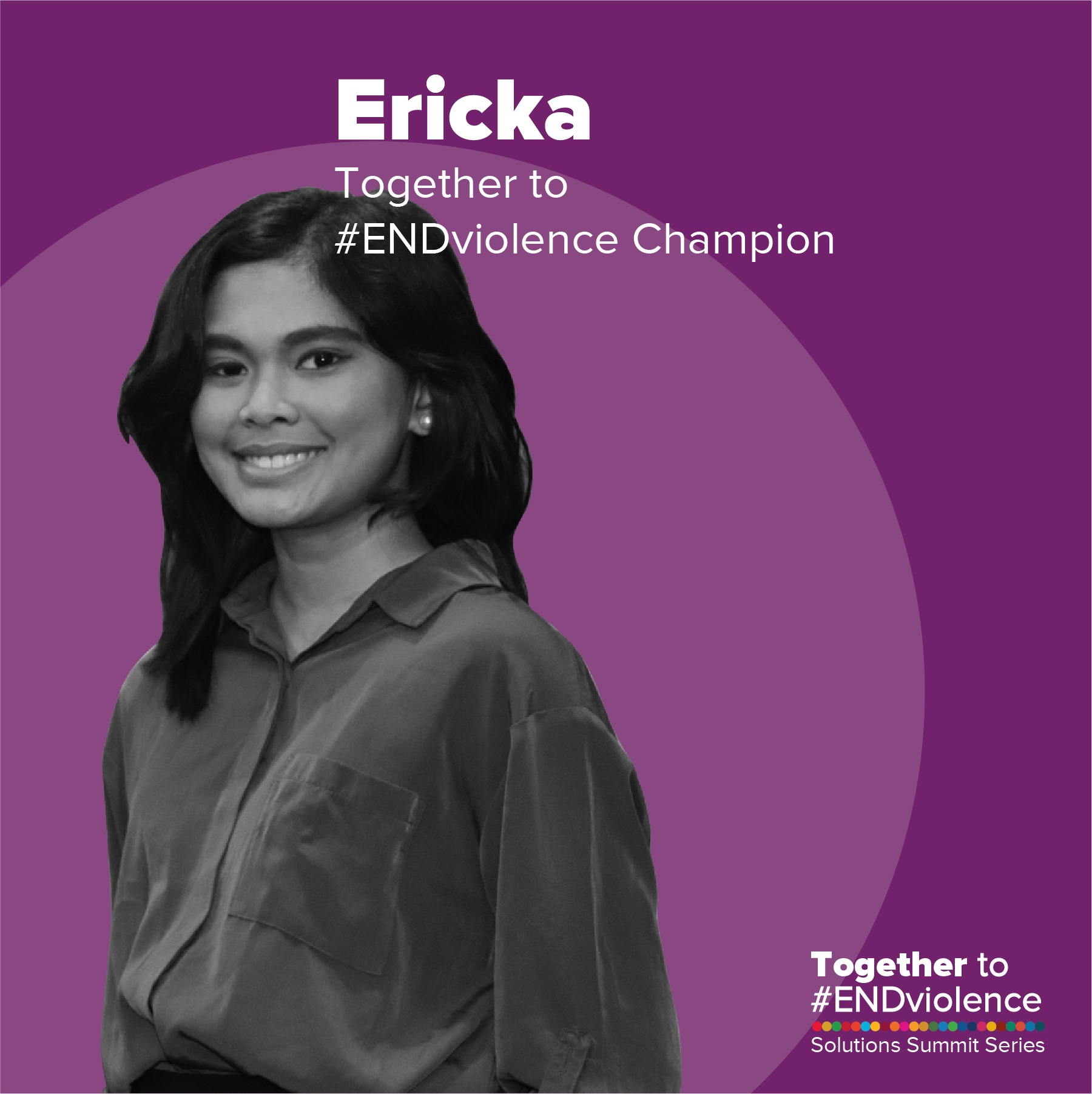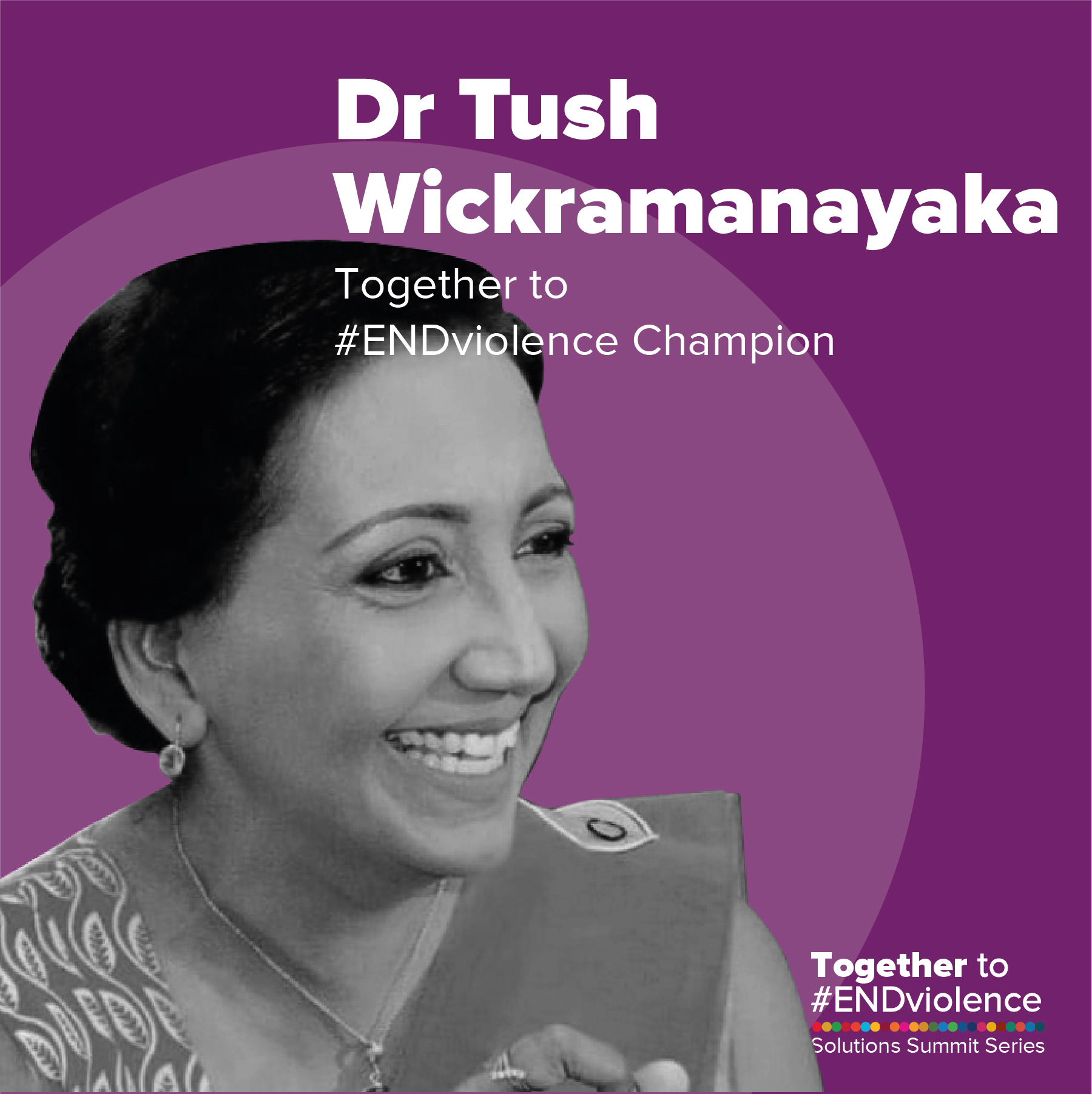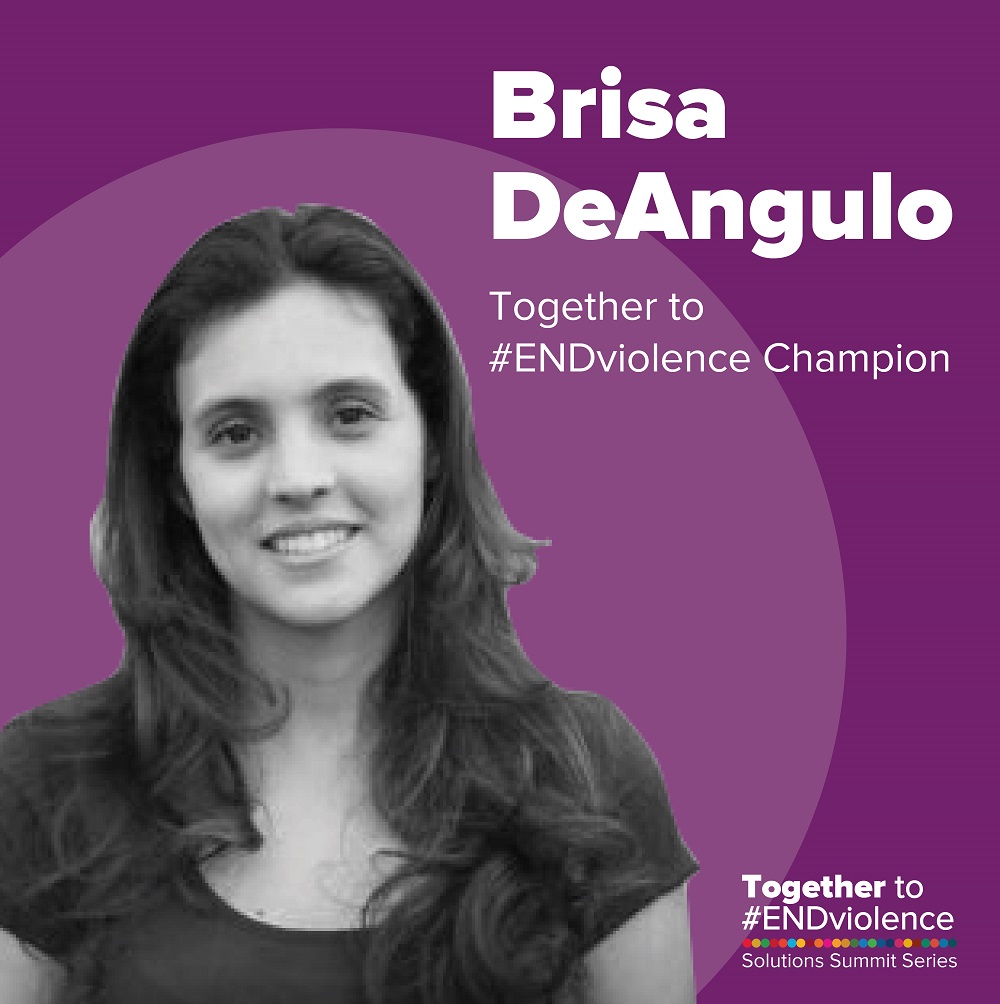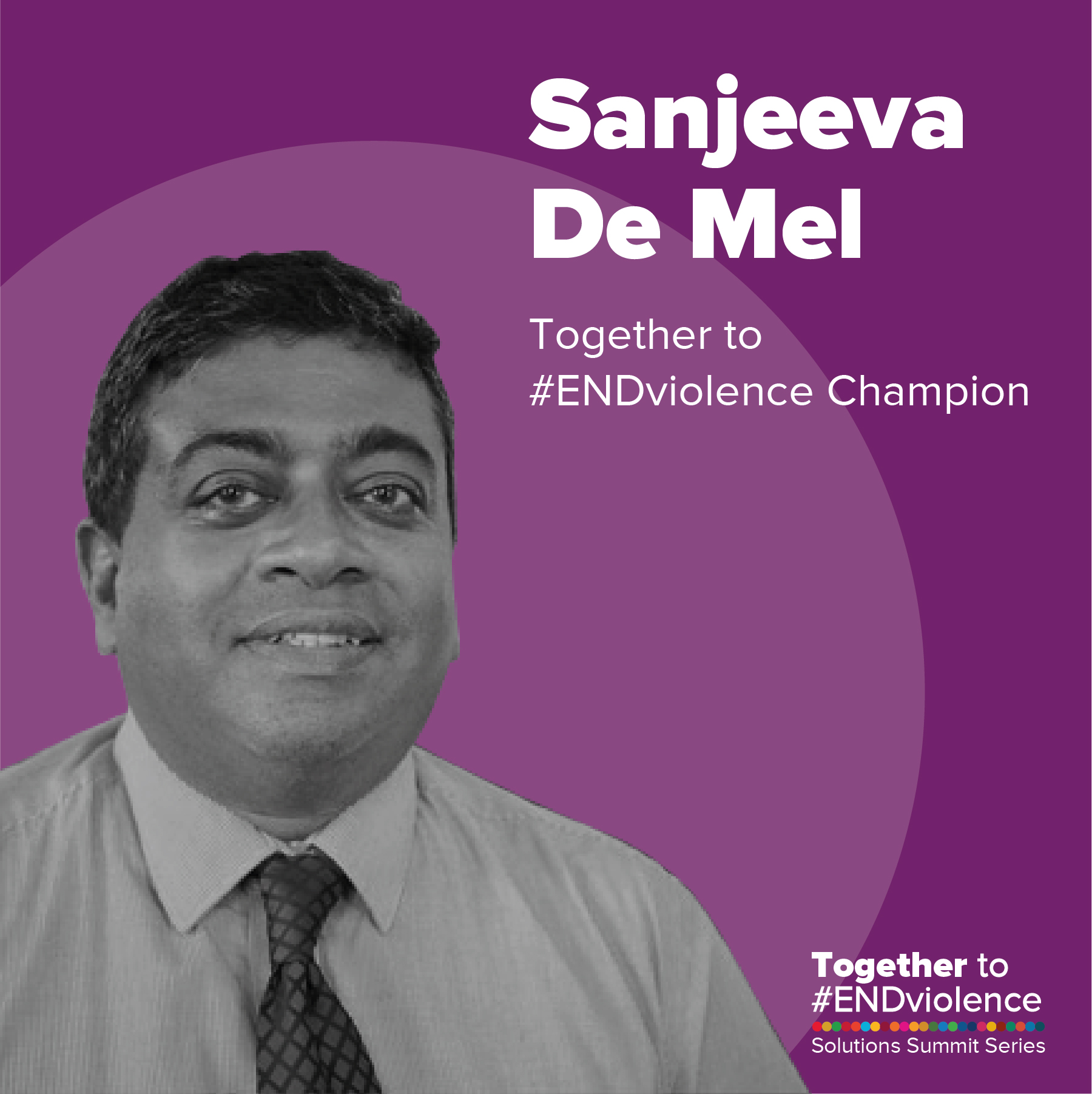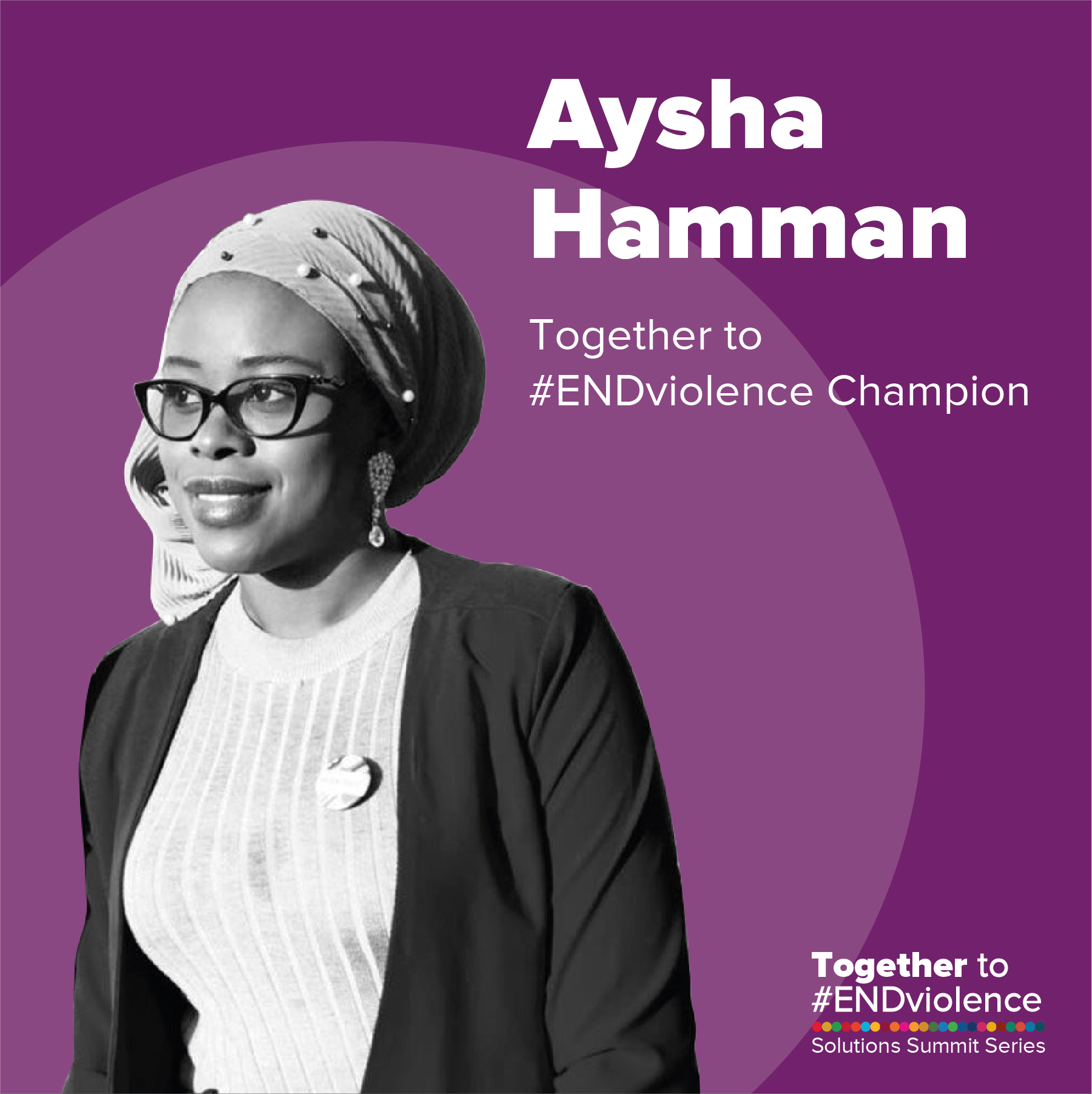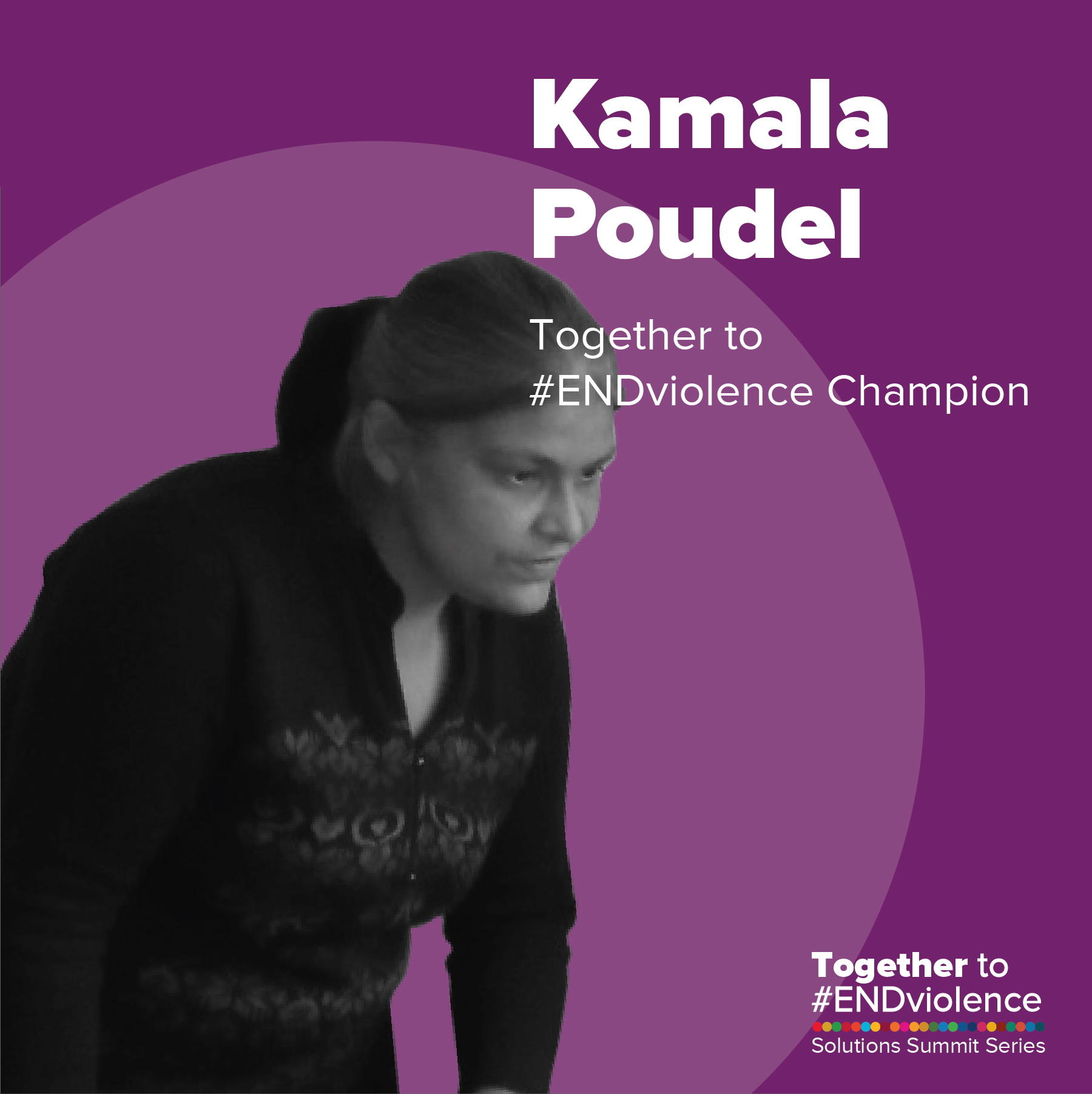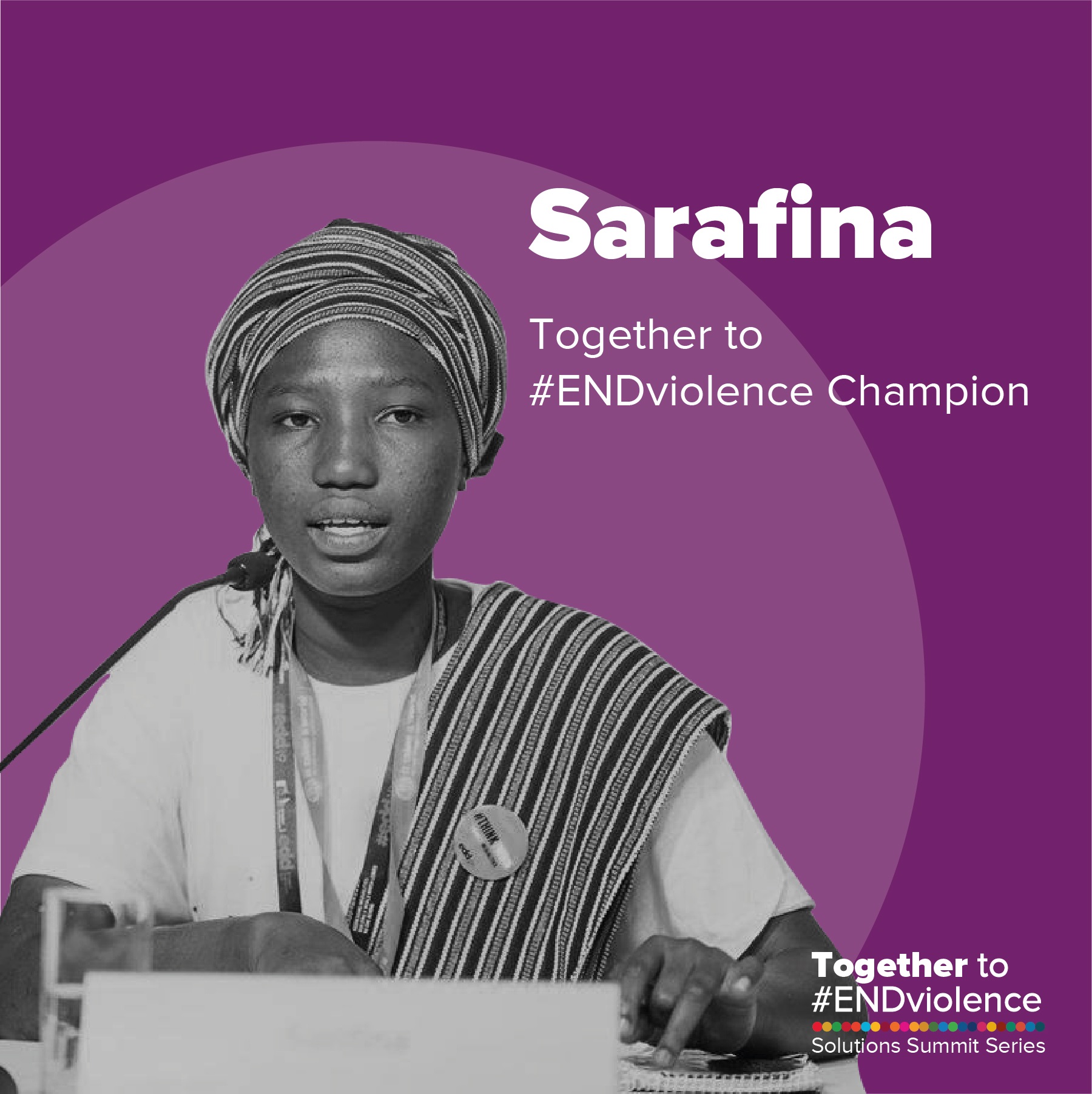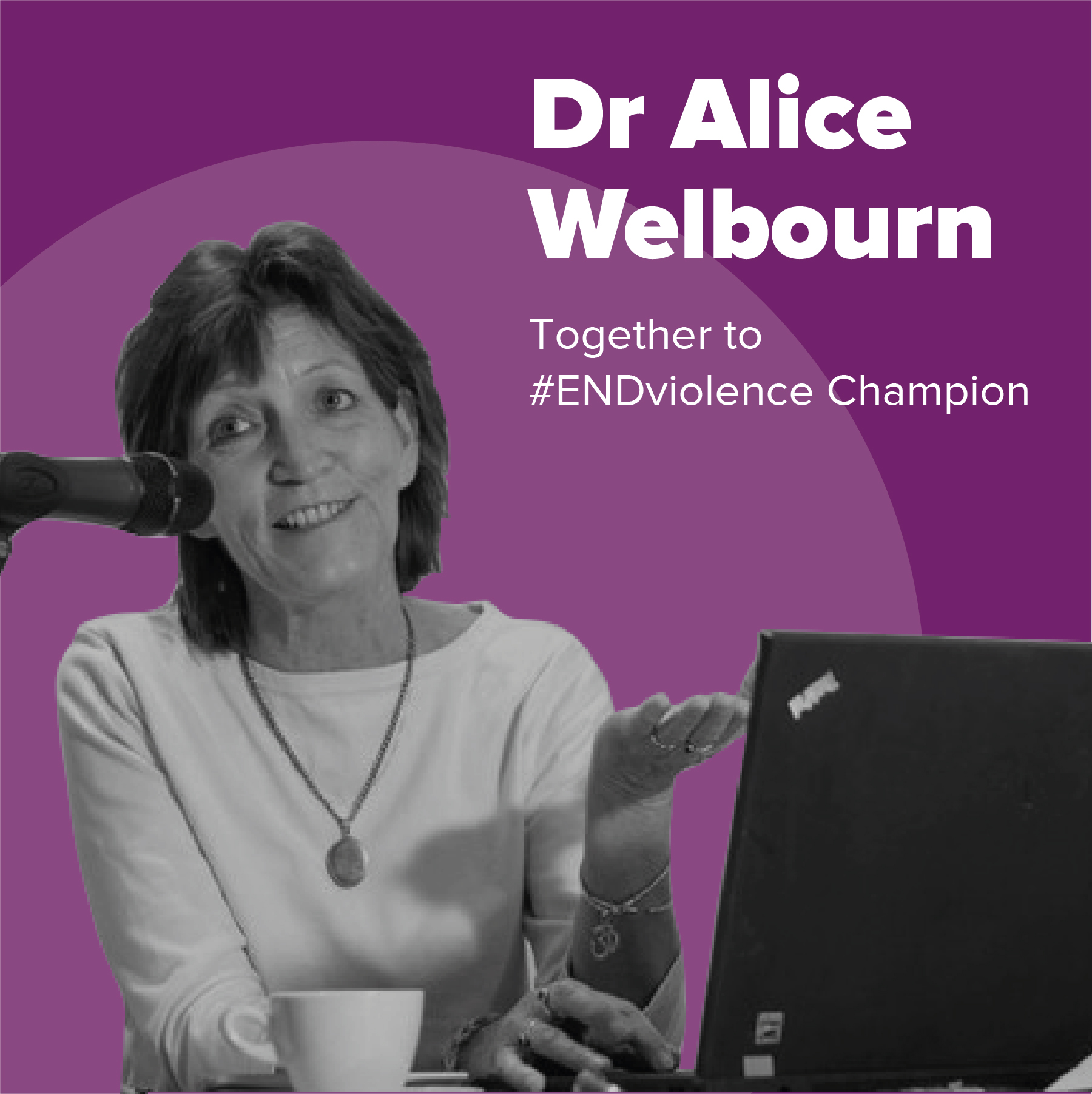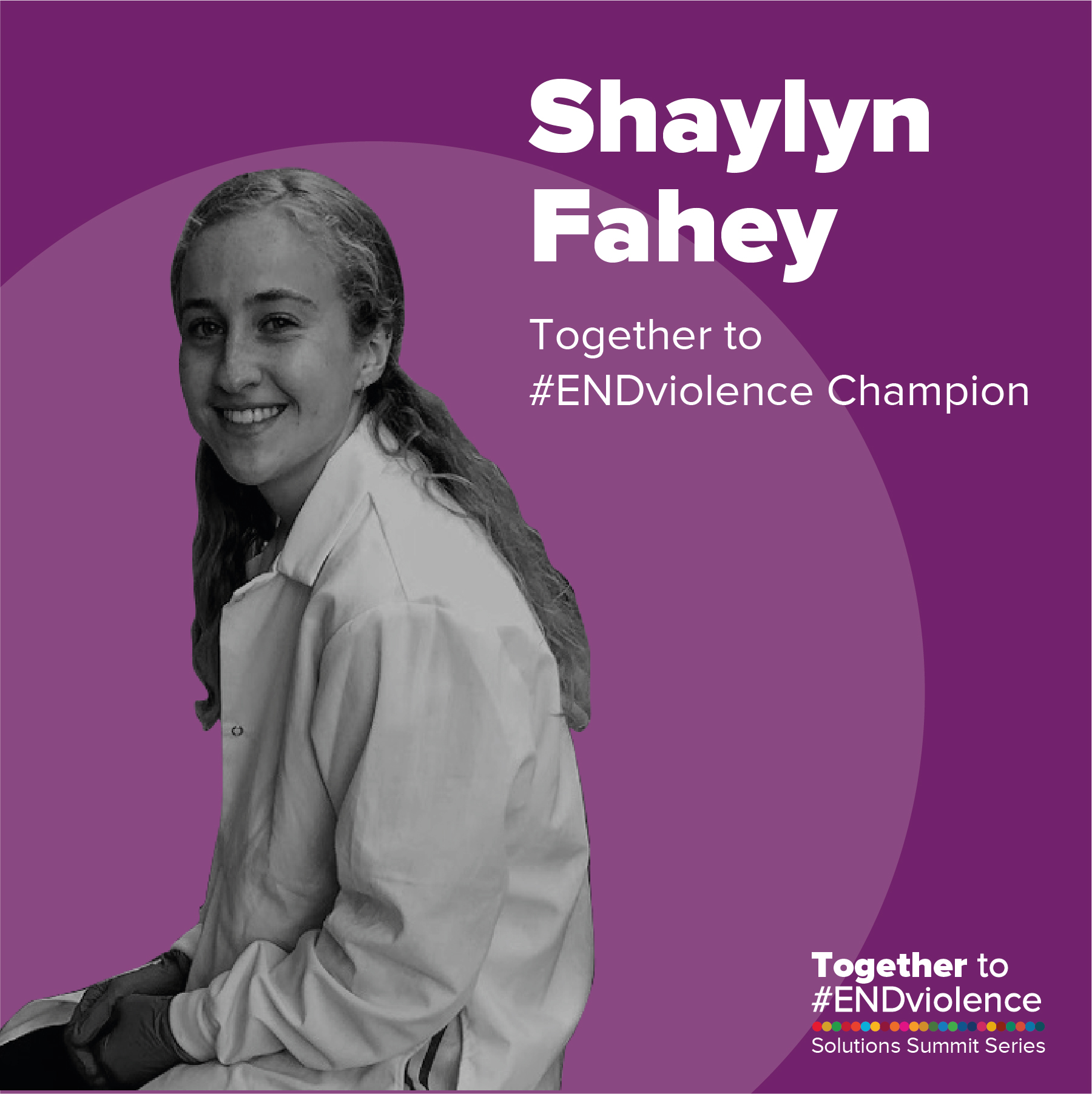Chrissy Sykes, Musician & Founder of My Body is My Body is spreading a musical message to empower children against abuse
34 years ago, Chrissy Sykes, an award-winning South African Country musician, was moved by the devastating news of a four-year-old girl being brutally abused and losing her life as a consequence. Having a daughter and being a survivor of childhood abuse herself, she channelled her emotions into writing a song inspired by the incident and the need to keep children safe.
Soon after, she had a chance to perform her song for children in a school, and this small step was the start of a huge musical journey. One song turned into a full program, ‘My Body is My Body’ (MBIMB), which has reached over 2 million children in person across 60 countries, with resources translated into 26 languages.

